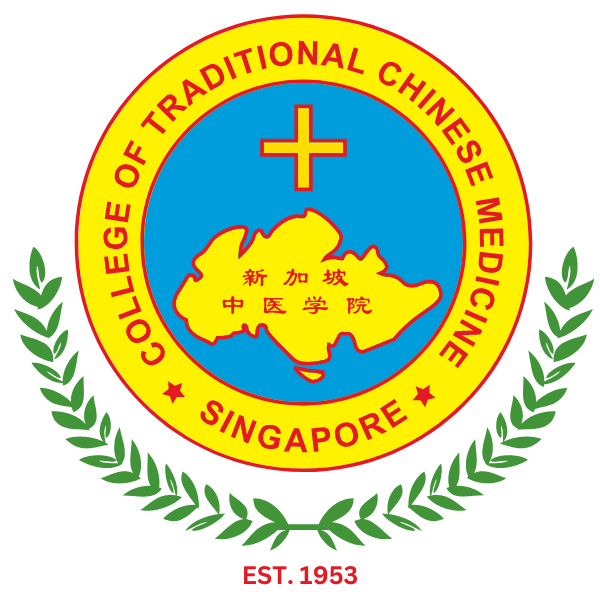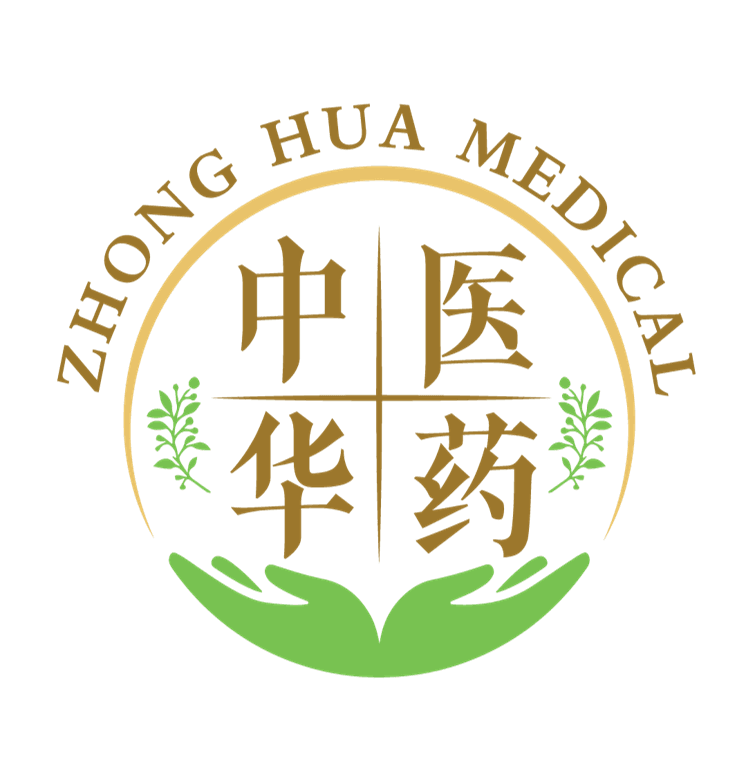Referred to as TCM for short, Traditional Chinese Medicine is an alternative medical practice that first originated in China. It is based on the belief that the body’s vital energy, known as Qi (sometimes pronounced as “chi”), flows through pathways called meridians.
Chinese medical practitioners believe that maintaining the balance of Qi is crucial to maintaining health and preventing illness.
Core Components of TCM
TCM encompasses various practices and treatments designed to restore balance and promote health. The core components are:
- Acupuncture: This involves inserting thin needles into specific points on the body to stimulate energy flow and restore balance. Acupuncture is commonly used to alleviate pain, reduce stress, and improve overall health.
- Herbal Medicine: TCM herbal medicine uses a wide range of plant-based substances, minerals, and animal products to create remedies tailored to individual health needs. These herbal formulas aim to restore harmony within the body and address specific health issues.
- Dietary Therapy: TCM emphasizes the importance of a balanced diet tailored to an individual’s unique constitution and health conditions. Certain foods are believed to have warming or cooling effects on the body, and dietary recommendations are made to maintain balance.
- Exercise and Movement: Practices such as Tai Chi and Qigong are integral to TCM. These gentle, meditative exercises focus on controlled movements and breathing techniques to enhance physical and mental well-being.
TCM’s Approach to Preventive Healthcare
Traditional Chinese Medicine (TCM) takes a holistic perspective when it comes to healthcare. Practitioners view the body as an interconnected system where physical, mental, and emotional health are interdependent.
By addressing the body as a whole, TCM aims to prevent illness and maintain balance through various practices. Below, we explore some of the key TCM practices that contribute to preventive health care and help individuals stay healthy naturally.
Acupuncture
Acupuncture is a cornerstone of Traditional Chinese Medicine (TCM) and plays a significant role in preventive healthcare. By inserting thin needles into specific points on the body, acupuncture helps to stimulate the flow of Qi, reduce stress, and enhance overall well-being.
Regular acupuncture sessions can boost the immune system, improve circulation, and alleviate tension, thereby helping to prevent illnesses before they arise. For instance, acupuncture is often used to manage stress, which is a common precursor to many chronic health conditions.
Herbal Medicine
Herbal medicine is another fundamental aspect of TCM, utilizing a wide range of plant-based substances, minerals, and animal products to create customized remedies. These herbal formulas are designed to address specific health needs and maintain balance within the body.
Regular use of herbal medicine can potentially support the immune system, improve digestion, and assist the body’s natural healing processes. For example, ginseng is commonly used to enhance energy levels and boost immunity, while ginger is often prescribed to aid digestion and reduce inflammation.
But it’s important to note that the effectiveness of the treatment is dependent on a variety of conditions. For chronic diseases or conditions requiring long-term treatment, herbal medicine may be used under medical guidance.
However, certain groups, such as pregnant women, nursing mothers, and children, should only use herbal medicine under the supervision of a qualified healthcare professional. It is crucial to consult a doctor if any adverse reactions or unusual symptoms occur during herbal treatment.
Dietary Therapy
Dietary therapy in TCM emphasizes the importance of a balanced diet tailored to an individual’s unique constitution and health conditions. TCM dietary recommendations focus on the energetic properties of foods, categorizing them as warming, cooling, neutral, or balanced.
By choosing foods that align with their body’s needs, individuals can maintain balance and prevent health issues. For example, someone with a cold constitution may benefit from warming foods like ginger and garlic, while someone with a hot constitution might need cooling foods like cucumber and watermelon.
Exercise and Movement
Exercise and movement are integral to TCM, with practices such as Tai Chi and Qigong being particularly beneficial for preventive health care. These gentle, meditative exercises focus on controlled movements and breathing techniques to enhance physical and mental well-being.
Regular practice of Tai Chi or Qigong can improve flexibility, balance, and coordination, reduce stress, and promote relaxation. These exercises help maintain the smooth flow of Qi, support cardiovascular health, and strengthen the body, making it more resilient to illness.
Integrating TCM with Modern Medicine
Combining TCM with modern medicine allows practitioners to take a comprehensive approach to healthcare that leverages the strengths of both systems.
While TCM focuses on holistic methods to prevent illness and maintain balance, modern medicine provides precise diagnostics and advanced treatments. Combining these approaches can lead to more effective and sustainable health outcomes.
Here’s how you can integrate both approaches to healthcare:
Holistic Health Plans:
- Create a health plan that includes both TCM and modern medical treatments to address various aspects of health.
- Use acupuncture and herbal medicine for chronic disease management.
- Combine physical therapy and prescribed medications for targeted treatments.
Regular Consultations:
- Maintain regular consultations with both TCM practitioners and modern medical doctors.
- Ensure all practitioners are aware of the treatments being used to avoid interactions.
- Use diagnostic tools from modern medicine to monitor health conditions accurately.
Preventive Care:
- Integrate TCM preventive strategies with modern medical check-ups.
- Schedule regular acupuncture sessions to boost immunity and manage stress.
- Use modern medical screenings to detect early signs of health issues.
Lifestyle Adjustments:
- Follow TCM lifestyle recommendations alongside modern medical advice.
- Adopt a balanced diet tailored to individual needs based on TCM dietary therapy.
- Incorporate exercise routines like Tai Chi or Qigong for overall well-being.
Chronic Disease Management:
- Use a combination of TCM and modern medicine to manage chronic conditions.
- Take prescribed medications while using herbal supplements to support the body’s natural healing.
- Use acupuncture to alleviate symptoms and improve quality of life.
Traditional Chinese Medicine (TCM) offers a holistic approach to preventive health care, emphasizing the importance of maintaining balance and harmony within the body to prevent illness.
To explore how TCM can help you stay healthy naturally and to learn more about our services, visit our website here. Discover the benefits of TCM and take the first step towards a healthier, balanced life.




